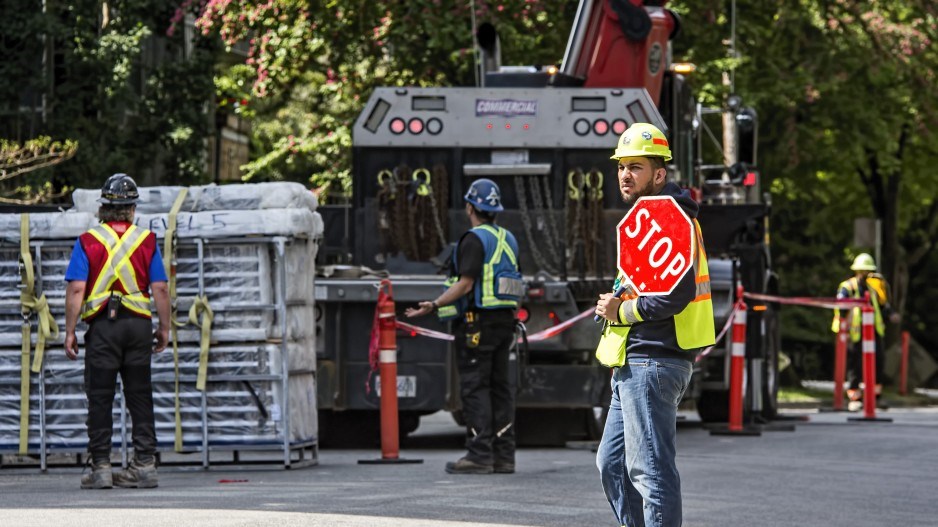Municipal charges and a lack of affordable housing for workers is severely frustrating the construction industry’s ability to get more housing to market, according to the Independent Contractors and Business Association (ICBA).
In a June 2023 report, ICBA describes the issue as a “crisis steamrolling from very bad to catastrophic.”
Across Canada, 5.8 million new homes will need to be built by 2030 to meet housing demand. This translates to roughly 830,000 new houses per year and a 40-per-cent increase in current supply, according to RBC data that is referenced in the report.
In 1972, Canada built 232,200 new homes. In 2022, with a higher population, only 219,500 homes made it to market.
“How do we think we're gonna get to [830,000] new homes this year and for the next six years following this, to meet that demand? It's going to take a radical, wholesale change in how governments are approaching the approval and permitting of housing projects if we're going to make a measurable dent into putting more supply into the market,” said Chris Gardner, president of ICBA.
In Â鶹´«Ã½Ó³»it costs roughly $125,542 in municipal charges to build one high-rise unit. In comparison, such charges cost $48,654 in Surrey, according to the report.
Â鶹´«Ã½Ó³»has the highest municipal cost charges when compared to 20 Canadian cities, in addition to having three times more than the average costs of these cities.
When it comes to delays, between $2,600 and $3,300 can be added to the cost of a new high rise unit for every month that a project is stalled.
The result of these costs and delays is growing unaffordability, Gardner said.
“At the end of the day, for every single dollar that city hall puts on the cost to build a new home, that dollar is paid for, not by the builder, not by the developer, but by the person who buys that home,” he said.
In the past five years, roughly 65,000 Â鶹´«Ã½Ó³»residents have left the city in search of less-expensive markets, according to the report. In addition, 61 per cent of Vancouverites have considered leaving because of housing costs.
This can also pose issues for the construction industry, which is looking to attract more skilled workers. In order to build more supply, companies are having to grapple with persuading more workers to come to B.C. while also accounting for the province’s high cost of living, according to Gardner.
“The No. 1 issue facing construction contractors is a shortage of people,” Gardner said. The top issue on the minds of workers that could be recruited to the Lower Mainland for work is whether they will be able to buy or rent housing that is affordable, he said.
“It's an important issue that's ripping through the entire economy.”



